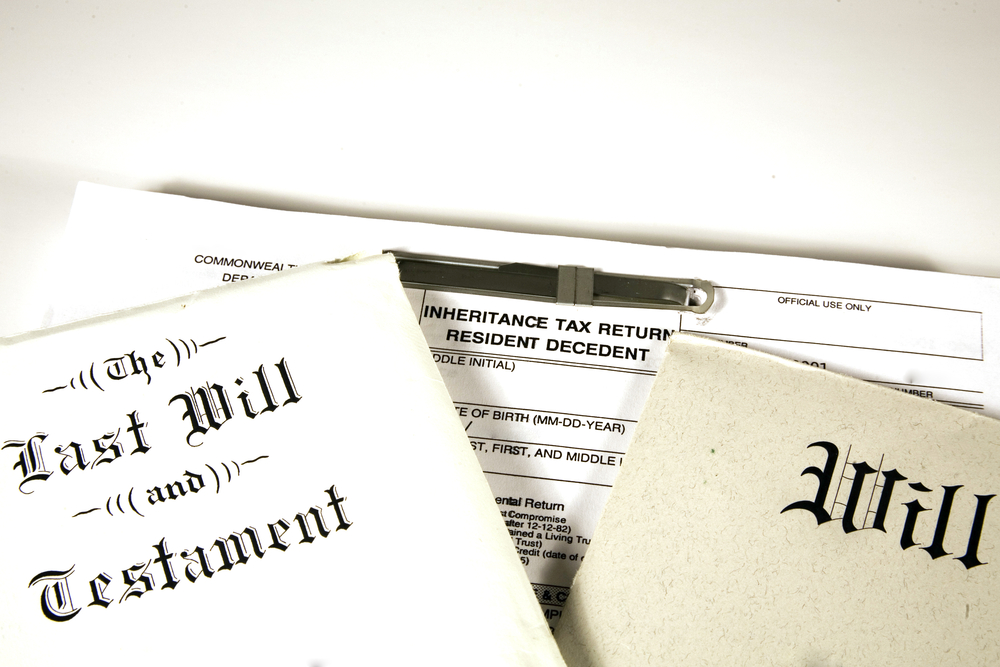Filing Taxes for a Deceased Loved One? Here's What You Should Know
Peacock & French CPAs
Jul 01, 2022

The death of a loved one leaves the surviving family members with an incredible burden of grief to work through. Unfortunately, it can also leave them with a burden of responsibility in sorting out the deceased’s final estate and dealing with additional paperwork in settling their affairs. In addition to handling issues related to the person’s will and their estate, someone must also deal with filing the final tax return for them. While filing that final tax return can feel like a small issue, it’s not something that can be overlooked. Keep reading to learn what you need to know about filing the final tax return for a deceased family member.
Did They Need to File a Return?
First and foremost, you need to determine if your loved one was actually required to file a tax return. While it may seem odd that someone wouldn’t be required to file a return every year, this is actually quite common among senior citizens with a limited income. Of course, many senior citizens’ family members remain unaware of their tax situation, so it’s important to figure out if your loved one needed a return filed in their name. You can use the IRS’s online tool, found here, to answer this question for you. If the tool reveals that the deceased wasn’t required to file a tax return, then you can cross this item off of your to-do list. On the other hand, if it reveals that they do need a return filed in their name, keep reading to learn what you need to know about this process.
Who Is Allowed to File Their Return?
Naturally, not just anyone can file a return on behalf of someone who has passed away. This task will generally fall to whichever individual has been named as the executor or administrator of their final estate in their will. The IRS calls this person the personal representative of the deceased, and they are responsible for ensuring that a tax return is appropriately filed.
If the deceased has a surviving spouse, the spouse can file a joint return for both themselves and the deceased individual. If there is a surviving spouse as well as a personal representative named in the will, the personal representative is able to file the joint return for both the deceased and the surviving spouse, if the spouse desires it.
What’s Different about Filing This Type of Return?
You’re probably pretty familiar with filing your own taxes, but how does filing for a deceased individual differ? The good news is, the process is largely the same; you’ll need to report all their income and claim any deductions and credits for which they qualified. You’ll typically use a Form 1040 or 1040-SR, depending on their individual situation. You will write the name of the deceased in the “Name” field of the return, but will write your own name and address in the “Address” field. If you’re filing for a surviving spouse and the deceased via joint return, you will place the surviving spouse’s name and address in the “Address” field instead. Additionally, you must write “DECEASED” clearly across the top of the return, along with the deceased’s name and the date of their death.
These small changes are obviously not the difficult part of filing a return for a deceased individual. The true challenge lies in ensuring that you’ve fully grasped their financial situation and are reporting their finances accurately. This is somewhat easier if there is a surviving spouse, who will likely have more direct knowledge of the deceased’s finances than a personal representative would. However, ensuring that you’re accounting for all sources of income and reporting their assets appropriately, as well as making sure that you claim all applicable credits and deductions, is no easy task.
Filing taxes becomes much more challenging when the finances involved are not your own. We strongly encourage you to work with one of our tax experts to get the help you need reporting the person’s finances accurately.
What’s the Deadline for Filing?
While you might wish you had more time to handle all of the tasks involved in settling a deceased loved one’s estate, the IRS unfortunately does not make these kinds of allowances. The deadline for a deceased individual’s taxes is still April 15th. However, we can help you file an extension to push back that date to October 15th if you need more time to file.
Contact Peacock & French CPAs to set up an appointment and get the help you need filing a deceased loved one’s taxes.